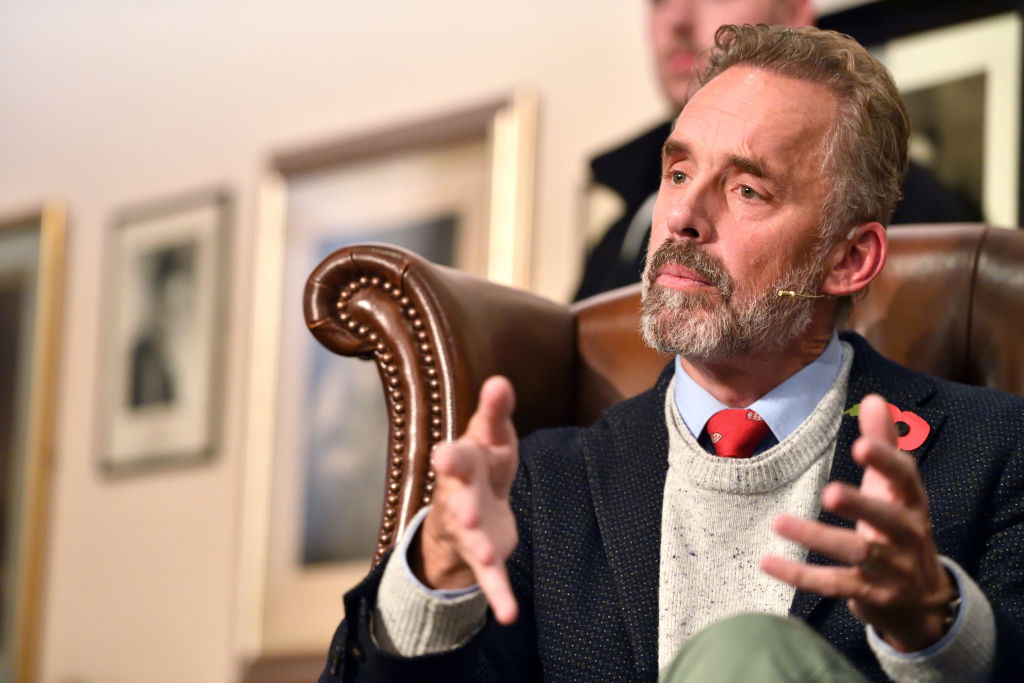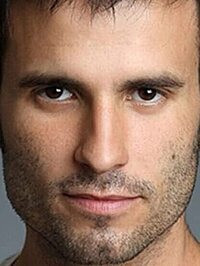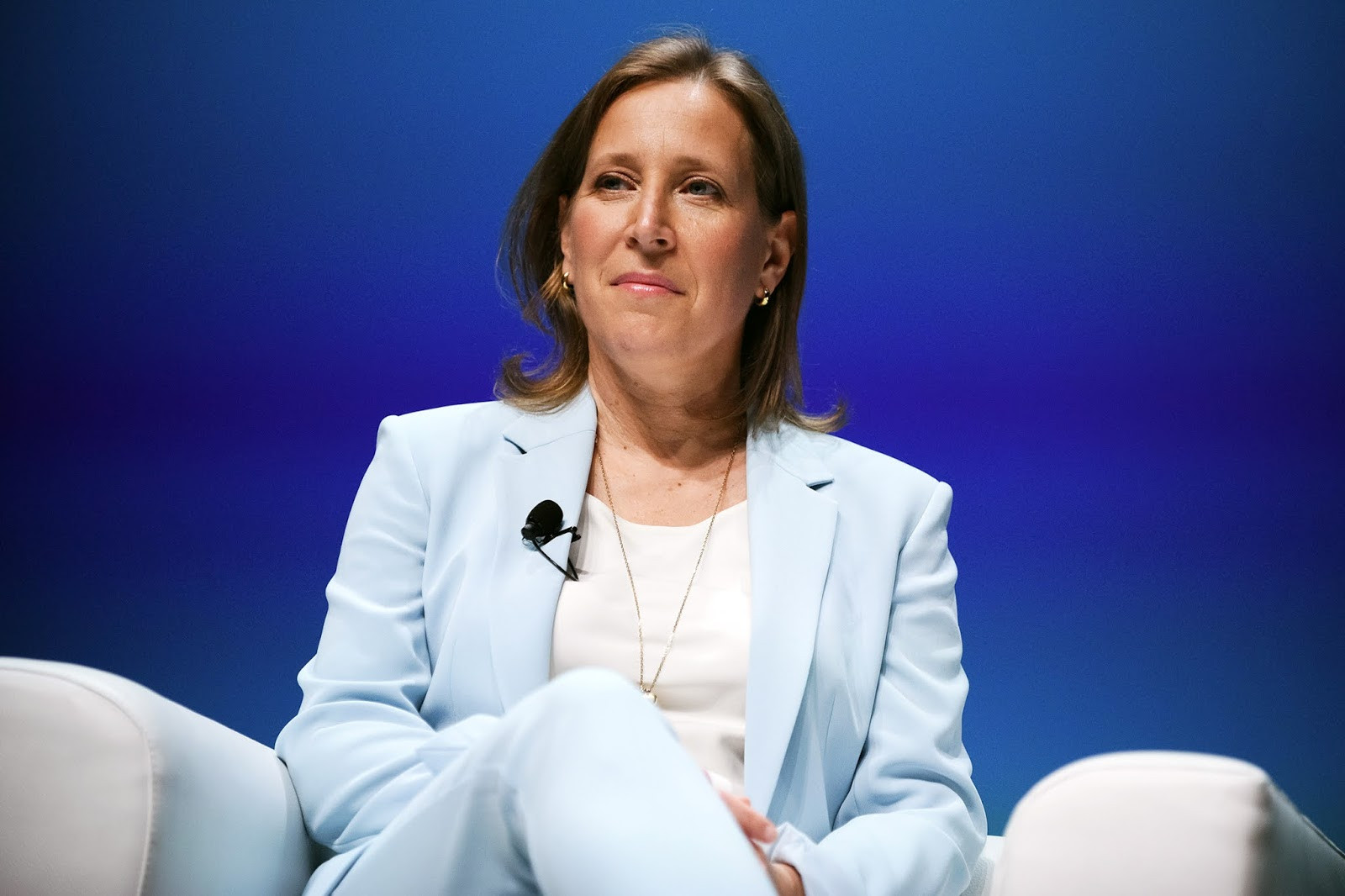Jordan Peterson's Departure from Canada: A Controversial Exit
Canadian psychologist and author Jordan Peterson's recent move to the United States has sent shockwaves across the globe. His decision, announced on his daughter's podcast, The Mikhaila Peterson Podcast, wasn't a quiet relocation but rather a public declaration fueled by a mix of professional disputes and political disagreements with the Canadian government. Peterson’s comments on his decision generated immediate responses, and many news agencies around the world reported on this development.
The Feud with the College of Psychologists of Ontario
One key factor contributing to Peterson's departure was his ongoing conflict with the College of Psychologists of Ontario (CPO). The CPO had investigated Peterson's social media conduct, deeming some of his posts “degrading, demeaning and unprofessional.” This led to a mandated remedial coaching program, a decision Peterson challenged in court. His legal appeals were ultimately dismissed, further intensifying the tension between him and the regulatory body. The CPO's actions, Peterson argues, amounted to an infringement upon his freedom of expression. This lengthy legal battle, marked by court dismissals and appeals, significantly influenced his decision to leave Canada.
The Impact of Social Media Scrutiny
The CPO's actions were largely influenced by numerous complaints regarding Peterson’s social media posts. Critics argued that these posts were often offensive, particularly regarding issues such as transgenderism, racism, and the COVID-19 pandemic. The CPO's decision to mandate the coaching program underscores a growing debate within the Canadian psychological community regarding the responsible use of social media by professionals. Peterson's high-profile case highlights the complexities of navigating online discourse for those in positions of influence and authority.
The Looming Shadow of Bill C-63: The Online Harms Act
Peterson openly expressed his concerns about Bill C-63, also known as the Online Harms Act. He argued that this bill, aimed at tackling hate speech and harmful online content, poses a significant threat to freedom of expression in Canada. Peterson went so far as to call it a potential harbinger of a “totalitarian hellhole,” fearing its implementation would create a climate of self-censorship and stifle open dialogue. This fear of a potentially restrictive legislative environment played a crucial role in his decision to leave the country.
Criticisms and Concerns over Bill C-63
Bill C-63, even before Peterson's criticisms, faced considerable backlash from various free speech advocacy groups. Critics expressed worries that the bill is too broad, leading to the suppression of legitimate speech and potential for abuse. These concerns intensified after the Canadian government announced its decision to split the bill into two separate pieces of legislation. While the move aimed to separate concerns about free speech from child protection provisions, it did little to ease the anxieties of many free speech advocates. The fear of overreach, fueled by Peterson's public pronouncements, continues to shape the public discourse on the bill.
Financial and Personal Considerations: A Multifaceted Decision
Beyond the professional and political aspects, Peterson also mentioned financial pressures and personal discomfort in his Toronto neighborhood as factors in his move. He stated that the “tax situation is out of hand” and that he found himself increasingly unwelcome within his community. This paints a picture of a decision shaped by a confluence of factors, each contributing to his eventual move to the United States. This perspective underscores the significance of multiple factors at play and the holistic nature of Peterson's decision.
The Allure of a Sunnier Climate
Peterson's decision was also partially driven by a desire for a more pleasant climate. In his podcast interview, he expressed delight in his new, sunny surroundings, suggesting that the weather in his new location played a secondary, yet notable, role in his relocation. It seems, therefore, that while the primary concerns were professional and political, environmental factors also contributed.
A New Chapter in Arizona: Peterson's American Outlook
Peterson has chosen to settle near his daughter in Arizona. His new environment offers a change of pace from the controversies that dogged him in Canada. It remains to be seen how Peterson’s move will influence his work and public persona, but his departure undoubtedly marks a significant turning point in his career and a notable event in the ongoing discussions around free speech, online regulation, and the responsibilities of public figures. While the move opens a new chapter for Peterson personally, it also leaves behind a legacy of complex debate in Canada on the issues he raised.
While his move to the United States signifies a new chapter, it also underscores the global nature of the debates surrounding freedom of speech, the role of social media, and the intersection of personal and political spheres in public life. This move, though ostensibly personal, provides insight into a larger international narrative. The long-term consequences of his decision and the controversies it has sparked remain to be seen.
















